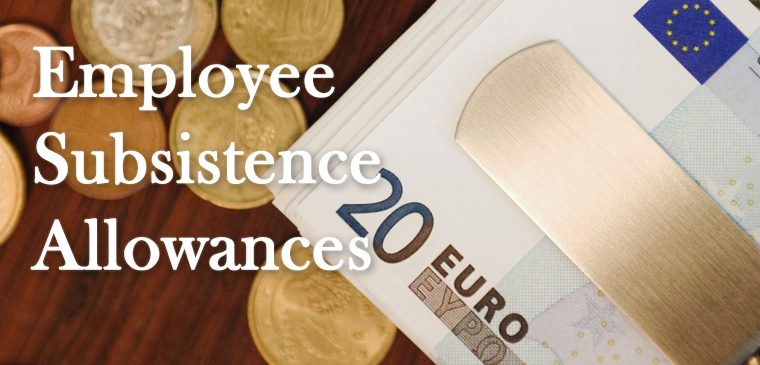Latest News
Non - payment of Subsistence Allowance is a Violation of Article 21

The Uttrakhand HC reiterated that the payment of the subsistence allowance to a Government employee placed under the suspension is a matter of right. It is a statutory right to get subsistence allowance, the non-payment of which leads to violation of Article 21 of the Constitution. A service petition was filed against the District Education officer, Elementary education for non-payment of allowance during the suspension of the petitioner. The officer was the director to release the subsistence allowance, including the arrears, to the petitioner within three weeks or show cause by way of counter-affidavit.
In-State Government of MP v. Shankarlal it was held that payment of subsistence allowance is not a bounty, rather a right. An employee is entitled to receive it. In the case of AK Bindal v. Union of India, it was held that the Right to life is something more than a mere animal existence. It includes the Right to Dignity also. Payment of a very small subsistence allowance which is not sufficient to sustain the living after suspension from the work is violative of Article 21 of the Constitution. The Madras High Court in the case of Registrar & Ors v. M. Elango, an absolute denial of a subsistence allowance to a suspended employee is a violation of Article 21 of the Constitution.
The word subsist means to manage to stay alive with limited resources or money. That state of living is considered as subsistence living. It is indicative of the fact that one has enough resources to sustain life with minimal needs. This means of existence or continuance with meagre resources of livelihood for a salaried employee is a subsistence allowance, which is an advanced payment to cover immediate living expenses. It is an income that is sufficient to provide bare necessities. It provides support in cases of compulsory distress. The core intention is to provide minimum sustenance at a minimum economic level for a minimum standard of living.
Document:



































































































